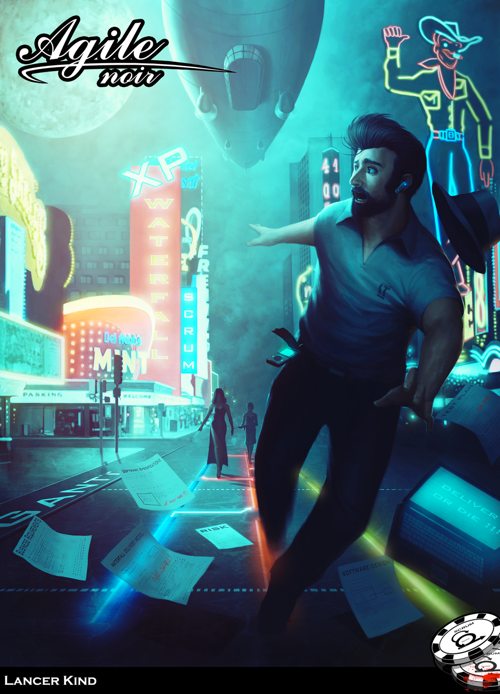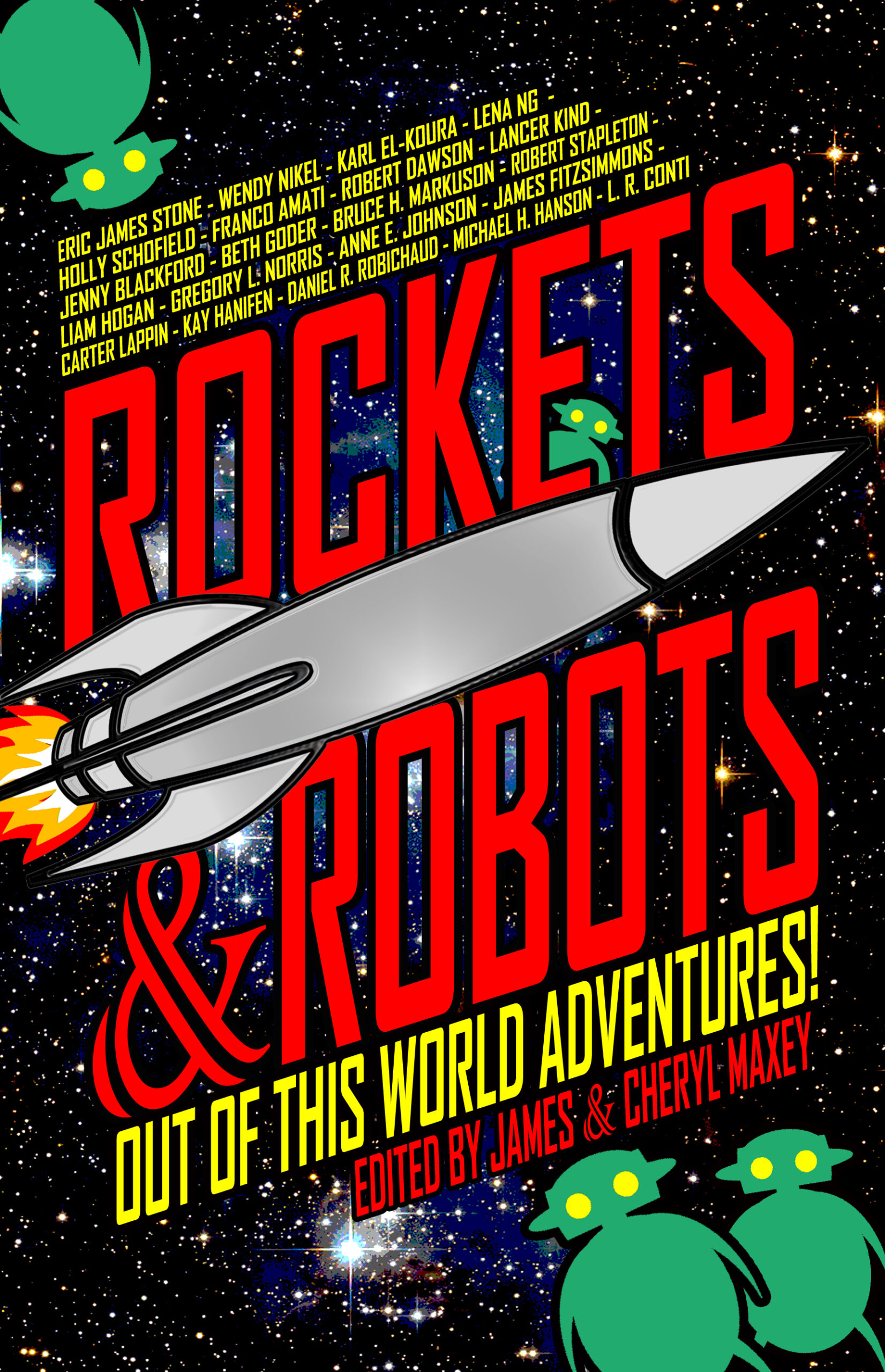Avatar Meets Gaia
![]() I went to Avatar last weekend and let me just cut to the chase: I loved it. I was practically hoping out of my seat in agony for the main characters, gasping when ex-marine Jake leaped over cliffs, and wishing the bad guys would just this once, stop being so damn bad. I absolutely love Sci Fi movies, and Avatar is probably one of the best Sci Fi movies that I’ve ever seen. It was incredible!
I went to Avatar last weekend and let me just cut to the chase: I loved it. I was practically hoping out of my seat in agony for the main characters, gasping when ex-marine Jake leaped over cliffs, and wishing the bad guys would just this once, stop being so damn bad. I absolutely love Sci Fi movies, and Avatar is probably one of the best Sci Fi movies that I’ve ever seen. It was incredible!
The movie touches on real issues:
- capitalism without morals (do anything to make the stockholders happy) oil companies, mining companies, or any company that places it’s products and profits above a sustainable and safe earth
- destruction of the natives (Na’vi) by corporate interests are similar to what happens to Nigerian’s in the face of today’s oil companies in Nigeria.
- a disregard for Pandora’s health is like our current disregard for Gaia in the face of global warming (Planetary health and global warming isn’t a focus in the movie. For Pandora the connection is even stronger in that the planet houses the memories of the ancestors.)
- mercenary army (more capitalism without morals) and Blackwater in Iraq/Afghanistan
Of course I’m biased by own readings and political leanings. A way of validating this would be to poll neoconservatives, free market anti-environmental policy types, and pro military industrial complex types. Since I don’t have any of these people nearby to consult with, so let me imagine their responses:
- neoconservatives— “the company’s approach
 was all wrong. First you get them TVs and light bulbs, and then tell them they need to build damns and infrastructure to keep the lights and TV going, and then you give them loans for those things, and once that happens, you have them by the balls. (See Confessions of an Economic Hit Man for step by step instructions.)
was all wrong. First you get them TVs and light bulbs, and then tell them they need to build damns and infrastructure to keep the lights and TV going, and then you give them loans for those things, and once that happens, you have them by the balls. (See Confessions of an Economic Hit Man for step by step instructions.) - worshipers of the free market
 — “Those tree huggers are living together in communes, shackling their GDP to “green-only” technology and that will never work. Still, it’s too bad about the blowing up the giant tree. That would have been good for the tourism industry. The company should have tried a littler harder at getting the Na’vi on board by giving them good jobs to mine their own planet. Then everyone would have been happy. You say Pandora is sentient? Hmm… I’m going to pretend I didn’t hear that. Try explaining free market theory to a planet…”
— “Those tree huggers are living together in communes, shackling their GDP to “green-only” technology and that will never work. Still, it’s too bad about the blowing up the giant tree. That would have been good for the tourism industry. The company should have tried a littler harder at getting the Na’vi on board by giving them good jobs to mine their own planet. Then everyone would have been happy. You say Pandora is sentient? Hmm… I’m going to pretend I didn’t hear that. Try explaining free market theory to a planet…”  ‘the best military to rule them all’ guys–“The company tried to do it on the cheap. They needed more guns, gunships, mercs. Nothing like a good surge to show everyone what end of the rifle is the business end. And the mercs…. why don’t they have nukes? They could have just nuked the planet from orbit and solved the problem quickly. Anyhow, this movie just goes to show that only the best industrial complex wins. The Na’vi won round one. But the Na’vi will eventually lose unless they find a way to build up their military.”
‘the best military to rule them all’ guys–“The company tried to do it on the cheap. They needed more guns, gunships, mercs. Nothing like a good surge to show everyone what end of the rifle is the business end. And the mercs…. why don’t they have nukes? They could have just nuked the planet from orbit and solved the problem quickly. Anyhow, this movie just goes to show that only the best industrial complex wins. The Na’vi won round one. But the Na’vi will eventually lose unless they find a way to build up their military.”
Is this movie a work of activist science fiction? Here is what the movie showed us:
- The Plight of Natives against overwhelming military might and the solution of resisting with everything you have.
- It portrayed how corporations use Shareholder Profit as God as an excuse to violate human rights.
- The movie created a wonderment about Nature and its Mysteries and contrasted that by mentioning that Earth’s nature is ruined.
Does the movie show how the viewer could take action (take action == become active == activist)?
The plight of the natives showed us that without doing something about it, the planet would be lost. The movie didn’t acknowledge (or I don’t recall) what the cost was back home for not getting the Unobtainium, where in reality, we enjoy running about in our cars and polluting and often wish that eating Salmon wasn’t so expensive. So this movie doesn’t give us the conversation about giving something up in order to keep the world we love. If the viewer is able to make the connection between today’s energy corporations and the one in the film, and then realize that there is a lot of funny business going on to give them the ability to refuel their tank, then maybe this would cause some people to become active.
The movie’s solution to Plight of the Natives is to organize resistance. This is a tough road in that most of the viewing audience will never be in the position to do this. The movie does show us the mercenary pilot and scientists becoming active members of the resistance. This is something that more of the viewers can relate to as many of them will become part of the “machine” that is doing these things and could, like the characters in the movie, organize change within.
The movie does accurately depict Shareholder Profit as God but it’s not clear to me that many people actually understand that this is the reality of how many corporations govern themselves, and the movie doesn’t try to make this connection to reality.
The movie does a phenomenal job of creating awe of Nature and its Mysteries which I hope will translate into caring about today’s environment. But I fear that the most action this movie will create is to get people hungry to play the MMOG so they can enjoy living on virtual Pandor.
There isn’t clarity of how the problems in the movie reflect what is happening today, which is critical to cause a call to action among viewers. But it doesn’t have to be activist science fiction to be a great science fiction movie. Go pay some money to see this wonderful 3-D film in the theater and enjoy.
Oh, on another note, apparently the Chinese Government disagrees with me and feels that Avatar IS effective activist SF. This Saturday, Jan 23, they are discontinuing the the 2D screenings of Avatar to make way for a biographical film called Confucius, starring Chow-Yun Fat.
I don’t plan on seeing Confucius in the theater. Sorry Chow-Yun, but I don’t like to encourage government interference any more than corporate malfeasance.
Or at a minimum, I’m sore about being disagreed with.


















